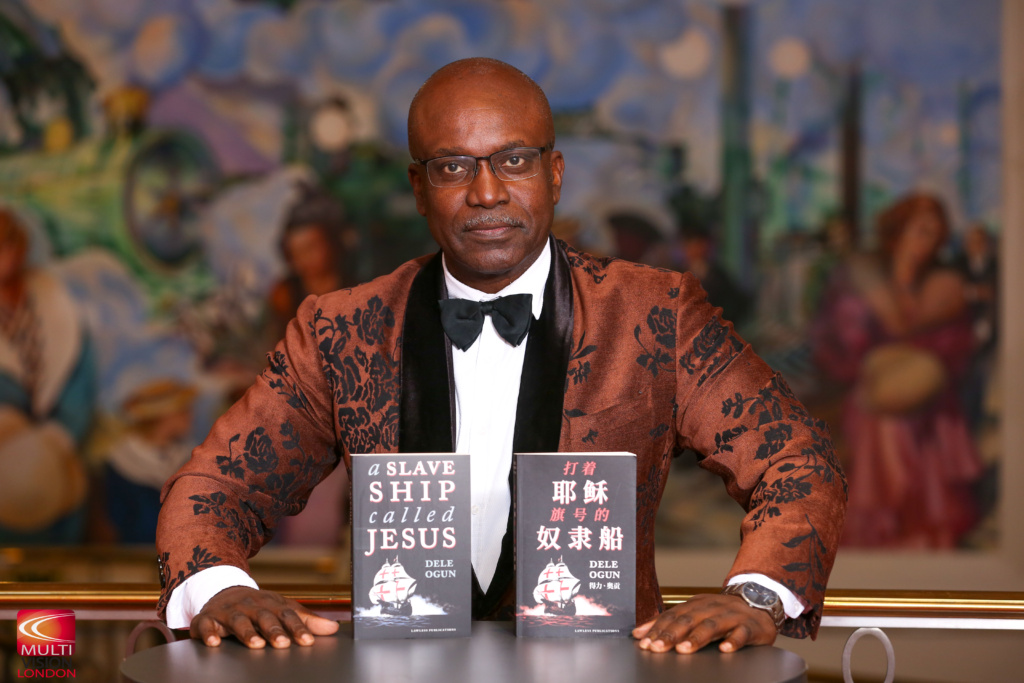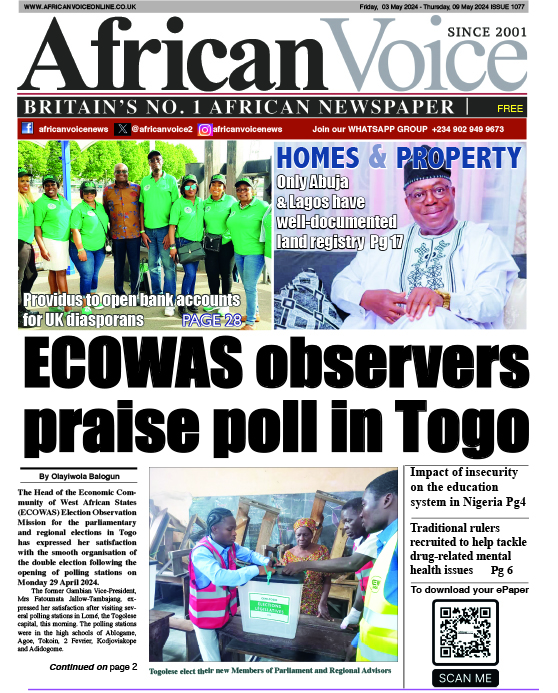
Dele Ogun is a prominent London-based lawyer, an intellectual, polymath, author and political commentator. Having moved to the UK at the age of 7 and completing all formal studies, he was called to the Bar in 1985 and has been in practice as a solicitor in London since 1995. Alongside his lucrative legal career, he turned his talents to writing, publishing several books on law history and pollitics. His latest title, A Fatherless People, was launched to rave reviews on Amazon.
1. Why did you relocate to the UK?
I was involuntarily relocated to the UK from Yoruba land at the age of 7. My parents who were in London had me put on a BOAC flight to London in November 1969.
2. How long did it take you to settle in the UK and what were the challenges? What was your first job in the UK and what is your current vocation?
Being a young boy, I settled pretty quickly because I was a good footballer and the Oyinbo boys in the neighbourhood liked me for that. The biggest challenge, at the time, was the language as I only spoke Yoruba on arrival having been raised in the village with my grandparents.
My very first job was as an office cleaner while a student. Now I am an Author, Publisher, and Corporate Lawyer.
3. For how long have you been living in the UK?
Since I arrived in London in 1969 excepting the one-year from 1985-86 when I was attending the Nigeria Law School in Lagos
4. What made you decide not to return to your country of origin?
The responsibility for that lies with the British imperialists and their local lackeys, politicians and military, who have messed up my fatherland. I was always yearning for home.
5. What is the one thing you missed about home?
A. The everyday anonymity that comes with living in your own land.
6. What are the changes you would want to see in your country of origin?
I would want to clear out of all the poisoned political legacies the British planted into our societies, including their language.
7. What has been your proudest contribution to the British society?
Becoming the founder of the first African-led corporate law firm in Britain and, as the first Chairman of the African, Caribbean and Asian Lawyers Group, opening the way for City law practice to become more open to people of colour.
8. Are you optimistic on the political situation in your country of origin?
Yes, but not because of the current political class who have repeatedly shown that they have no vision for our people. The positive outlook stems from the work that groups like the Fatherland Group (of which I am the Convenor) have been patiently doing to understand and expose the traps the British laid for us since the phoney grant of Independence on 1st October 1960. I always believe that you must understand a problem before you can solve it and Fatherland Group fully understands the problem with Nigeria.
9. If you have to change anything in your country of origin, what would that be?
I would fundamentally change the political structure from the fraud of ‘One Nigeria’, where we pretend we are one people, to a new, honest, ‘Orange Union’: a union that recognises the realities of our diversity symbolised by the segments of the Orange. I would also change the name ‘Nigeria’.
10. What do you most admire in your country of origin? And what do dislike most?
I most admire the manners of our young school children even to complete strangers. I most resent the hypocrisy and greed of our Men of God.
11. What is your opinion on the mass migration out of Africa (Japa Syndrome) and what do you think will improve the economy of your country of origin?
It is unfortunate that so many young people are forced to uproot themselves in order to realise their potential; all because of incompetent and insensitive political leadership. Fundamental changes like this should not be of economic necessity but of choice.
Our economic performance will only improve when we release the potential of each of our nations from the straitjacket of One Nigeria which the British forced us into. The British economy performs at optimum levels because their political system gives each of their four nations, the English, Welsh, Scottish and Irish, room to do their own things their own way. Similarly, it was when Singapore and Malaysia removed the straitjacket by which they were conjoined, by the British, to hate each other endlessly, that they both achieved their economic miracle without either being envious of the other.
12. How can those in the diaspora help to improve the image of your country of origin?
Those in Diaspora are already the ones laundering the image of Nigeria. They demonstrate all that Nigerians back home are capable of when the political environment is enabling rather than disabling. They are the proof that the problem is not Nigerians but Nigeria.
Kindly follow us on twitter:@AfricanVoice2











